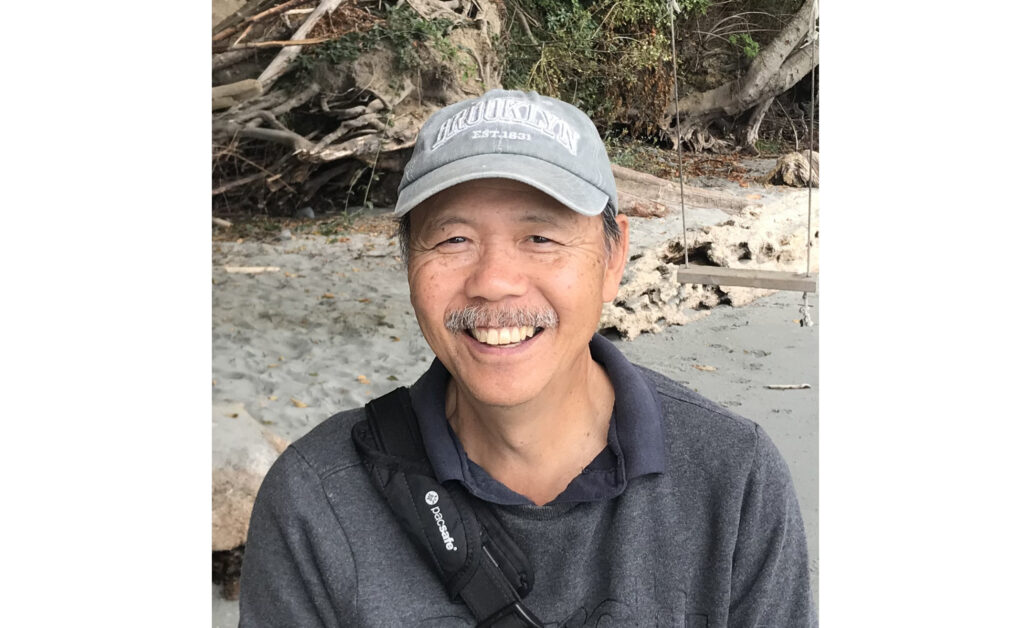by Priya Sharma, Mental Health & Addictions Counsellor, Tsartlip First Nation –
As we settle into the new year, I’m inspired to share my insights on healing from trauma, offering a glimpse into the life of a crisis and trauma counsellor filled with hope.
The term “trauma” originates from the Greek word for “wound.” Historically used to describe physical injuries, it now also captures the vast array of emotional and psychological experiences. Trauma does not discriminate: it can affect anyone, regardless of age, gender or background. The reality is that any extremely stressful event has the potential to cause us emotional and psychological trauma.
It’s important to recognize that trauma isn’t inherently negative. I would argue the opposite and say that all trauma holds the potential to initiate positive transformation. Let me explain. While I would remove the pain of traumatic events from my clients if possible, I’m referring to the remarkable processes that occur subsequently: what our brains do to help us cope with it all and the beautiful protectors that are created to shield us from future harm. Like when a child learns why we shouldn’t touch a hot stove by actually burning their hand (sharing from personal experience). We also can’t forget about the traumatic events that are mandatory for evolution and growth, like the transformative pain of childbirth described as a blessing.
Trauma has existed in our society way before we named it. Our brains are inherently resilient and hold the capacity to not only repair but enhance upon the pre-trauma state. Now, this is not to glamorize pain but to highlight the potential for great personal development that can occur in the aftermath of trauma. Often, it is the open space created by traumatic experiences where the possibilities for growth begin to emerge. Post-traumatic growth is a phenomenon where individuals who have experienced trauma go on to develop new understandings of themselves, the world, and others, which contribute to a greater appreciation for life.
As a crisis and trauma counsellor, my role is to serve as a guide and provide the tools and support necessary for the individual to understand and chart their course. I get asked a lot if it is possible to heal from trauma. I hope after reading this article, you can see how recovering from trauma is not just achievable – it’s a natural part of the human experience. Trauma is a multidimensional experience that can result in equally complex outcomes. The role of a trauma counsellour is to navigate these complexities with clients, helping them to find the silver linings in their wounds and recognize the potential for a hopeful and enriched life post-trauma. The journey is certainly not easy, nor is it free of pain, but it is a testament to the resilience and transformative potential inherent in all of us.
I appreciate you joining me on this exploration of trauma and recovery. May we all embrace the hopeful and healing energy that emerges from our shared human experiences.
For more information, email priya@tsartlip.com.




